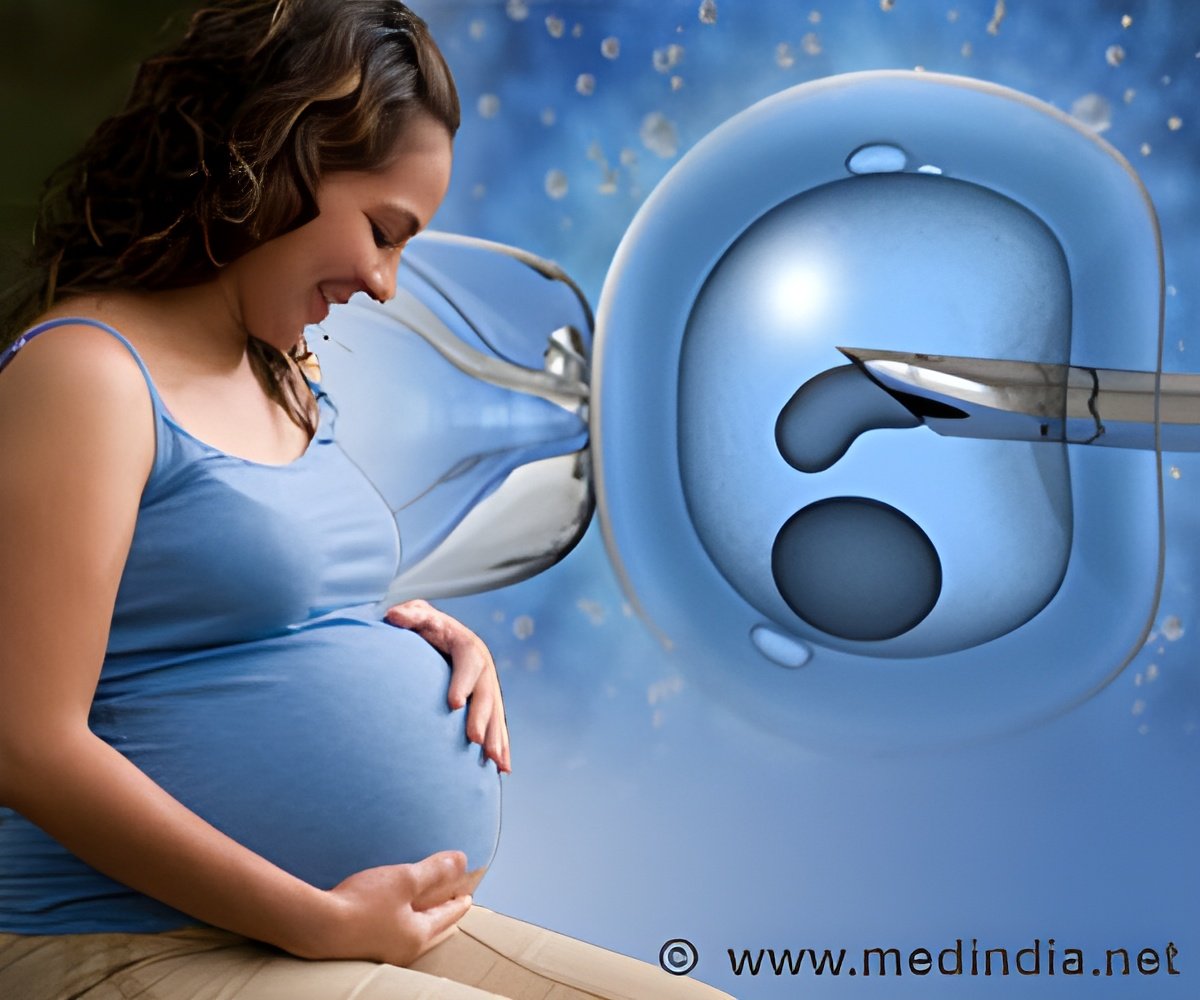
‘Embryos obtained through in vitro fertilization fertility treatments often contain cells with an abnormal number of chromosomes. Therefore, creating 'better embryos’ could improve infertile couples' chances of giving birth.’
Read More..Tweet it Now
About half of the embryos generated during in vitro fertilization fertility treatments contain cells with an abnormal number of chromosomes. This abnormality, called aneuploidy, is well known in reproductive biology and is considered a major cause of infertility.Read More..
"In our study, we explain at least one of the reasons why this occurs. We found that it's due to a defect in a mechanism called the "spindle checkpoint." We also show that if we manipulate this checkpoint in mouse embryos by using a simple drug, we can reduce the chances of error by about half," explained Dr. Greg FitzHarris, CRCHUM researcher and professor at the Université de Montréal.
By administering the right dose of this synthetic substance called proTAME, researchers observed that a larger percentage of cells of each of the mouse embryos had a normal number of chromosomes. In mice, a normal oocyte (ovum) contains 20 chromosomes, whereas in humans it contains 23.
Hope for Humans?
Making the best possible embryo is one of the keys to success when it comes to in vitro fertilization.
Advertisement
"The potential for transferring the technique to humans is clear. And I'm sure that fertility clinics would really like to try it in the hope of creating 'better embryos.' However, it would be very irresponsible to implement this concept clinically at this point, before safety tests have been successfully carried out," emphasized the researcher.
Advertisement









